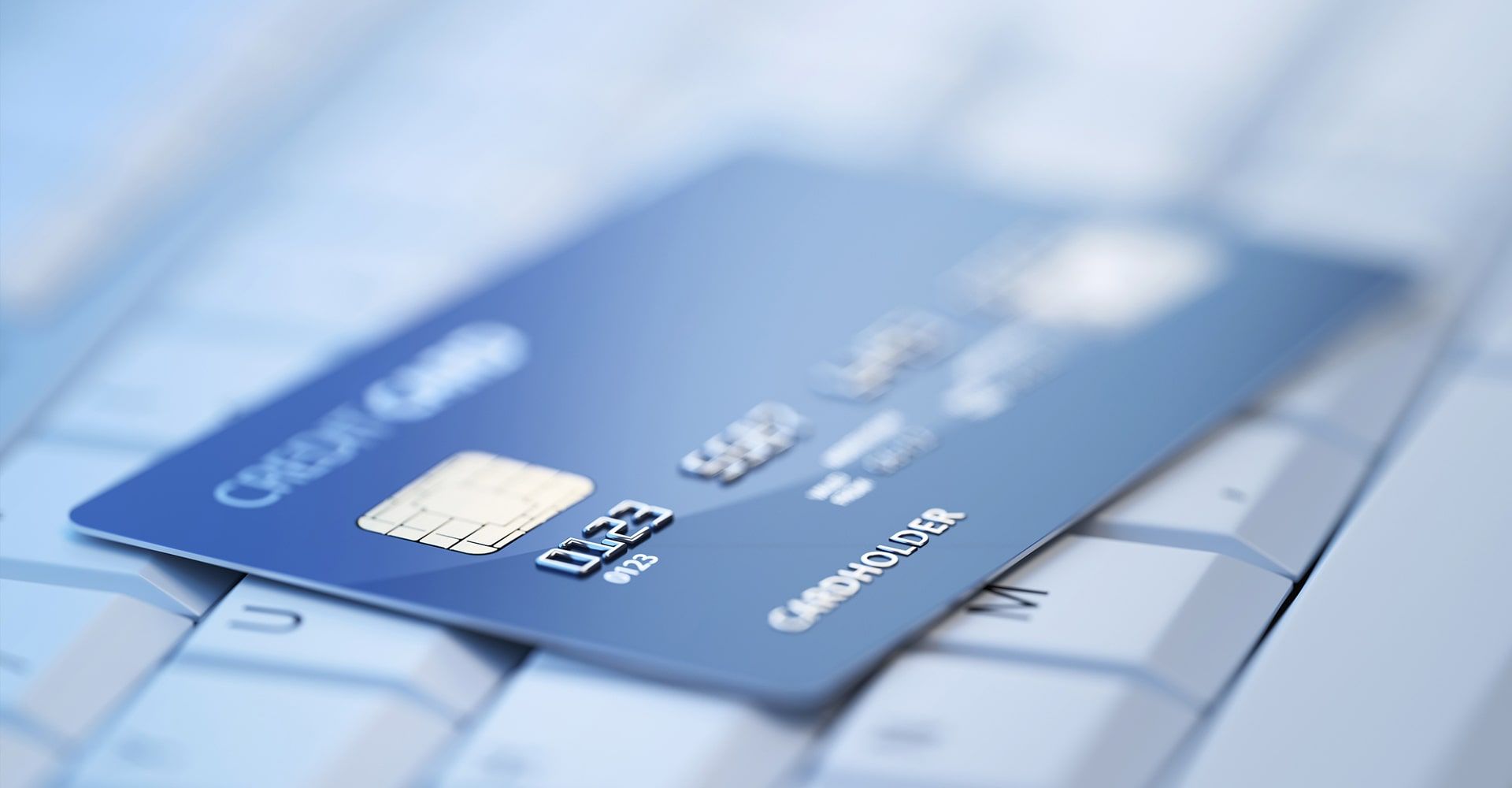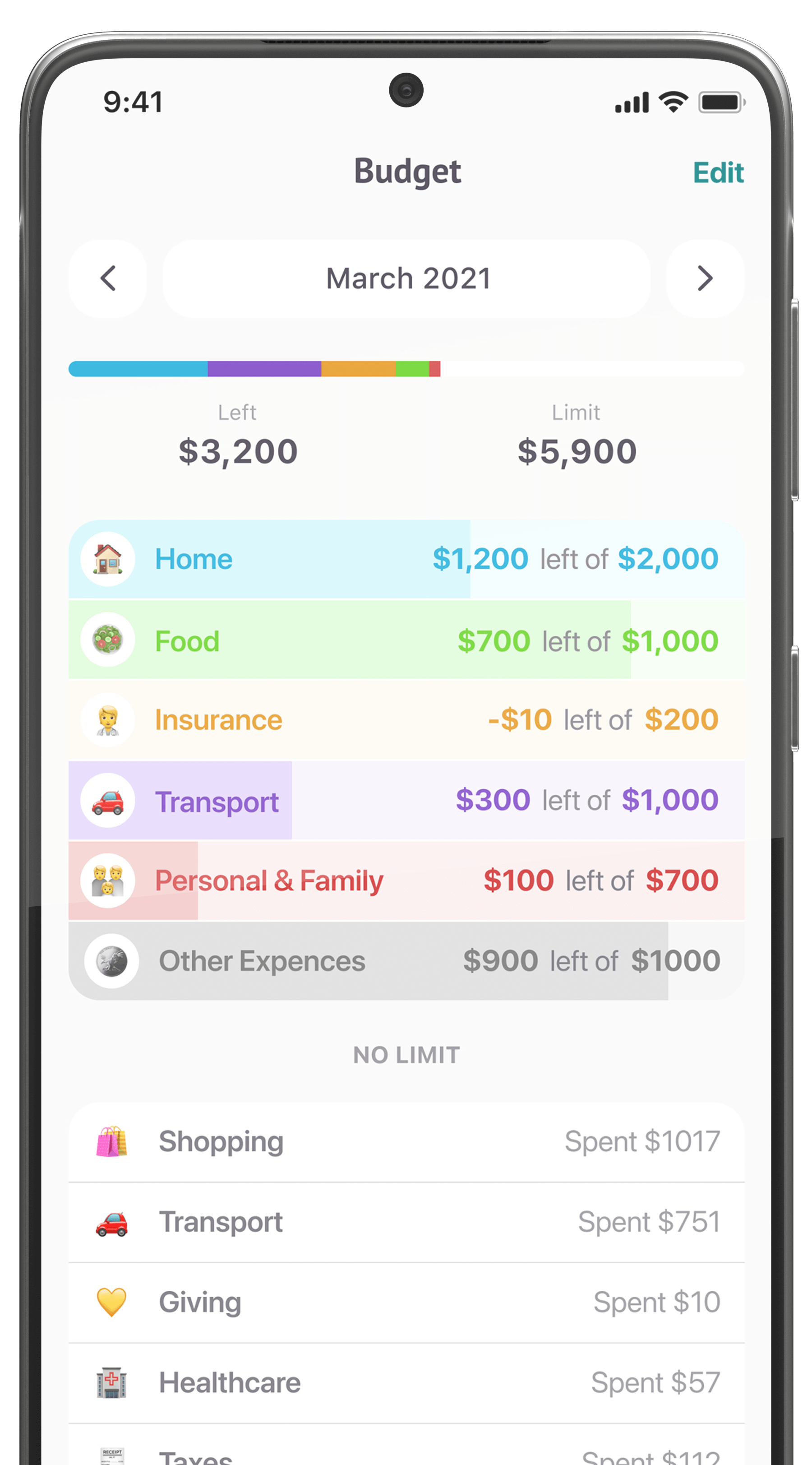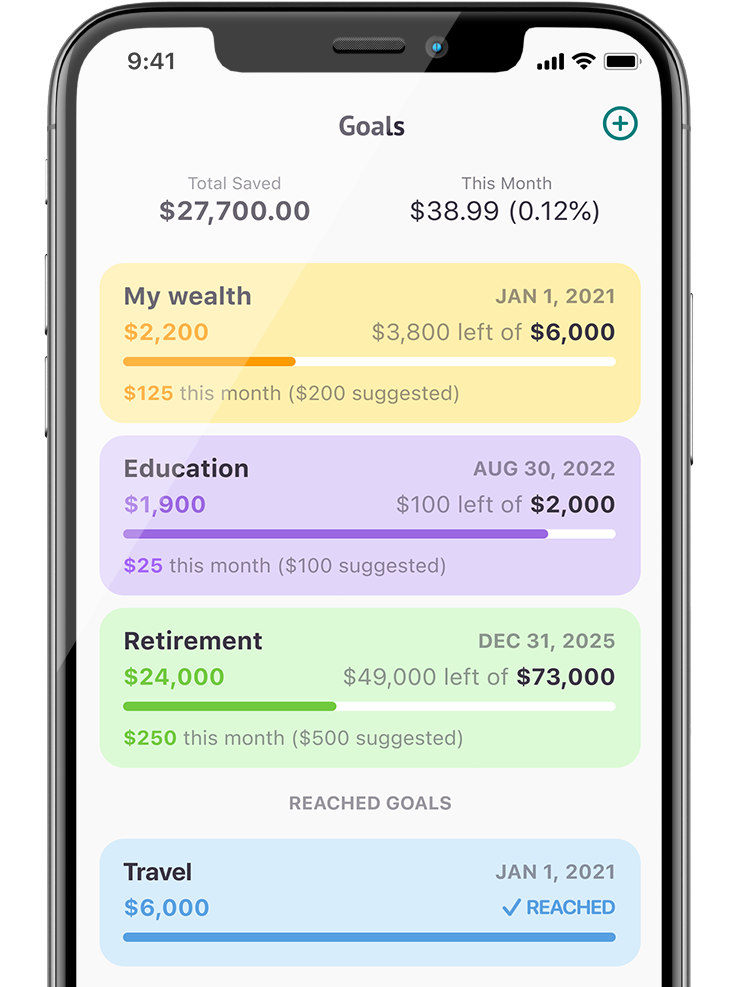While credit cards have a lot of potential to help you financially, they can also hurt you if used incorrectly. Many people have problems with credit card debt or low credit scores. However, this doesn’t have to be the case for you as long as you follow a few simple rules for using credit cards.
Pay your statement balance in full each month
Here’s the secret to avoiding late fees and interest and staying away from the credit card debt spiral: always pay your statement balance in full!
First, let’s define the three terms you’re going to see when you pay your credit card bill:
- Statement balance: the amount you owe by the due date that month. It’s calculated based on the purchases you made during a given statement period (e.g. you spent $500 between February 15 and March 15, when the statement period closes).
- Current balance: the total unpaid amount on the card. This can include your last statement balance plus any other purchases you’ve made since the statement closing period. Using our example above, if you spent another $150 on March 16, your current balance would be $650, but that extra $150 won’t be due until the next statement closes. Once you pay the $500 statement balance, your current balance will go down to $150.
- Minimum payment: the amount you must pay in order to avoid a late fee and negative credit score impact. If you only pay the minimum payment instead of the full statement balance, you will still accrue interest on the rest of the debt.
Often, new credit card users assume that making the minimum payment is good enough since they don’t get charged a late fee and it doesn’t hurt their credit. However, this is the exact mentality that often gets people into credit card debt: you’re kicking the bulk of your payment down the road and being charged interest along the way. Your future self will thank you for paying your statement balance in full every month!

Never spend more than you have in your bank account
If you want to avoid getting caught in the cycle of only being able to make minimum payments, this habit is imperative. Unless it’s an absolute emergency, you should never spend more money on your credit card than you already have saved up. Otherwise, you’re relying on future money, which is a dangerous game. You might think you’ll be able to pay off your card when you get your next paycheck, and then unexpectedly get laid off.
This is why your bank account, not your credit limit, needs to determine your budget. If you have $10 in the bank and a $500 credit limit…ignore the $500 because it’s time to eat rice and beans and make that $10 stretch. It’s also a good incentive to build up your savings.

Build a good credit score
Your credit score is the number that affects almost every financial area of your life, from what kind of mortgage you can get on a house to what interest rate you’ll be charged on a car loan. It’s based on a number of factors, like how long you’ve had a certain line of credit and your history of making payments on time.
Using credit cards wisely helps you build a strong credit score. It’s a good idea to keep your older cards open, even if you don’t use them, as long as they don’t have an annual fee. Having a 10-year-old credit card does more for your credit score than a 1-year-old card. And, of course, making all your payments on time is the best thing you can do!
Time new credit card applications around anticipated expenses
One of the best things about credit cards is the sign-up bonuses that many of them offer. However, these bonuses generally come with purchase requirements — e.g. you get $500 in rewards after spending $3,000 in 3 months.
Here’s the thing: this is only a good deal if you were going to spend that much anyway. If you use the card as a reason to say “Well, I have to spend $3,000 for the bonus, so I might as well splurge on fancy dinners and a new TV,” then you haven’t made $500. You’ve just spent $2,500 that you wouldn’t have otherwise.
That’s why it’s so important to plan out how you’ll qualify for the bonus before you apply for any new card. Do you need a car repair? Have a medical bill? A trip coming up? These are all expenses that you would be paying for anyway, so you might as well put them on the card and profit from them.
If you’re getting to the end of a card’s bonus period and still need to spend more to qualify, try these tips:
- Prepay a recurring expense like car insurance or your phone bill. You also often get a discount for paying annually instead of monthly.
- Stock up on non-perishable groceries.
- Offer to put a dinner bill on your card, and others can pay their share to you with cash or money transfer.
- Do your Christmas/birthday present shopping early.
Ultimately, treat credit cards as a way to pay for purchases you need to make, instead of a free pass to splurge.

Keep track of all your credit cards and check on them regularly
There’s nothing wrong with having multiple credit cards, but you need to be careful and intentional about how and why you’re using them. Maybe you have one card that pays you 5% cashback on groceries, a different one that gives you rewards for an airline, and a third that gives you 2% cashback on all purchases. Great — you’re optimizing your rewards! But having a lot of cards also means you have to be organized.
Even if you have AutoPay set up, make sure to log in at least monthly to review all your purchases, check for fraud in case someone got hold of your credit card number, and make sure you’re not spending more than you should be. Small purchases can add up, and when they’re split across multiple cards, you can go over your budget if you’re not careful.
There you have it — the five most important factors in using credit cards responsibly. Next, you can learn more about choosing the right credit card in this article. Once you understand your options, consult FINMATEX about which credit card might be right for you!














